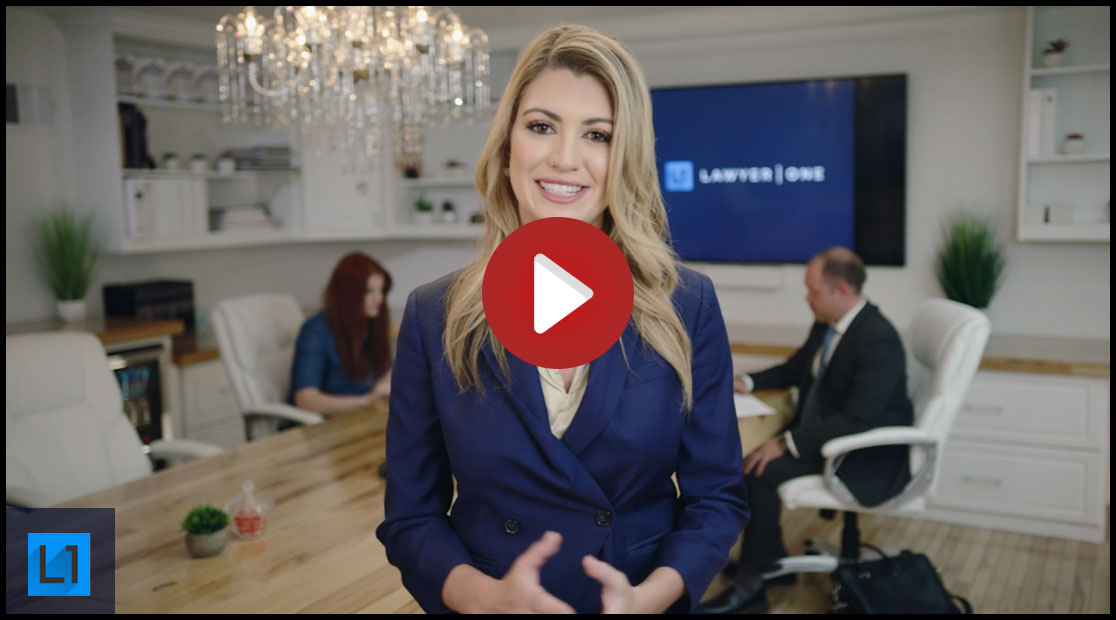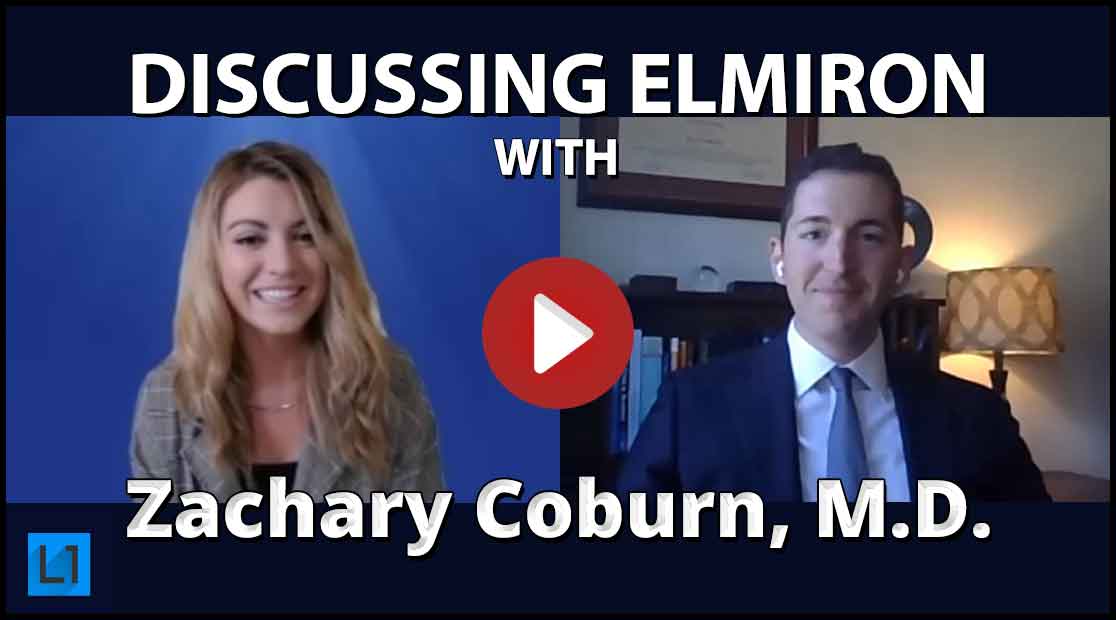What is corporate litigation?
Corporate litigation is legal action taken against a business or corporation. Litigation lawyers handle every part from the initial investigation, pleadings, the pre-trial process, settlement, and potential appeal procedures.
The process of corporate litigation can change on a case to case basis depending on the dispute at hand. There are litigation attorneys for both plaintiffs and defendants. When dealing with a plaintiff's case a litigation attorney will assess the matter and see if there's enough evidence to proceed and file a lawsuit. When defending a client, the attorney must examine existing evidence and plan a defense strategy. Sometimes cases don’t even make it to the courts and resolve with a pre-litigation settlement.
In corporate litigation, the attorney representing the plaintiff's attorney files the complaint and the lawsuit is then in motion. As soon as the defense attorney receives the summons they must respond with either an answer or can file a counterclaim. There are also pre-trial motions to go over before the trial can begin, evidence can be banned based on requests from the attorneys and this must be handled for the trial to proceed. Sometimes a resolution is can be formed without ever having to step into the courtroom if a judgment can be reached based on the pleadings.
The discovery process
The discovery process is a pre-trial procedure where the plaintiffs and defendants lawyers exchange the information they’ll be using in the trial, like the evidence and witnesses they have gathered. This happens so that each party has adequate knowledge of what they need to know to have a strong case. The methods in which they can get the information include depositions, interrogatories, and admissions requests. They can also request documents and admission from the other party that is essential for the case.
The litigation attorneys could use a process called e-discovery as well which is when they gather evidence thats stored . Electronic discovery includes web sites, presentations, social media, documents, emails, voicemails, databases, and both audio and video files. E-discovery is a useful tool as most of the data has critical information like time stamps and location services connected to the evidence. Once gathered, a hold is placed on the evidence found by each the parties and it can't be destroyed or modified in any way. Once secured an expert reviews the information and submits a written statement that can then be used in court.







